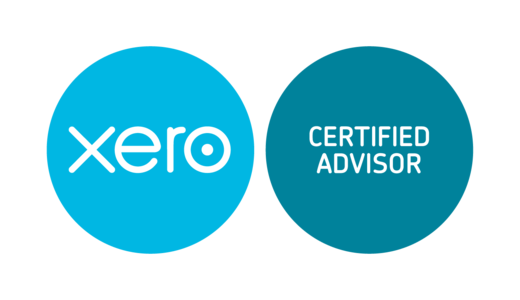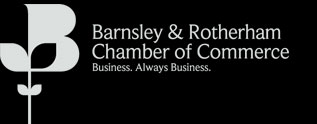
It’s certainly been a bumpy & tumultuous couple of years for the self-employed and small business owners with the uncertainly of Brexit, new tax legislation like MTD, the instability of parliament and the general election, but, whatever your political leanings, it at least looks like there’s going to be a bit more stability and certainty on the horizon for 2020 onwards
But what other changes can we expect over the next few years? Here are our predictions:
Will UK small businesses get a simplified tax system?
Which is one of the reasons the conservatives have pledged to review how ‘the self-employed can be better supported’. For example, with improved access to mortgages, finance and credit whilst making the tax system easier to navigate
The Centre for Policy Studies, proposed a new ‘simple consolidated tax’ to replace the current range of taxes and levies. Although there are currently no plans to introduce this new system of tax, Sajid Javed (as then Home Secretary) said that he could see how ‘bureaucracy and paperwork are stifling the growth of our small businesses and [the new proposed system] offers a series of compelling ideas for how government can roll back the tide’.
Therefore, there may be big changes in the pipeline!
Introducing the IR35 changes, will they still be introduced?
If you’re not already familiar with IR35, you’ll know it describes two sets of tax legislation designed to combat tax avoidance by some workers and the firms that hire them. HMRC introduced IR35 in 2000 to tackle what they call ‘disguised’ employment. IR35 assesses whether contractors are effectively employees when taking on clients work which affects how much tax should be paid.
On July 2019, the government published draft legislation for extending IR35 rules to the private sector from April 2020. As we get closer to the date. For IR35 It’s looking unlikely it will not be significantly changed or delayed before the new rules come into force.
Is the Making Tax Digital for VAT grace period still ending?
Since Making Tax Digital for VAT was introduced in April 2019. HMRC has been making concessions for some small businesses as part of a year-long leniency period. By not issuing fines to many of the 1-in-4 small businesses which failed to meet the first deadline for submitting digital VAT returns
HMRC has said it may introduce a process to ‘apply for further time’ for businesses who are otherwise making their best efforts to comply with other MTD requirements. However, most businesses will still need to comply with their MTD tax obligations. The grace period looks likely to be ending in April 2020
Will we get a new Small Business Commissioner?
We’ve been without a Small Business Commissioner since Ex-Small Business Commissioner Paul Uppal left the role in October 2019. The position continues to be vacant.
This is still a very important role as Pay UK pointed out in November 2019. Small and medium sized companies are still waiting for the £23.4 billion in late payment.
Will remote working get easier?
If you’re lucky enough to live within an area already upgraded to 5G mobile speeds, you may already know how faster your connection is. As the roll-out continues it will give us much more flexibility as to where we can work and what we can remotely by making communication faster and more reliable. However, there do seem to be some technical problems being experienced by some providers such as Three. Nevertheless, the roll-out will continue and we may be no longer tied to ‘good’ wi-fi connections as we once were.






